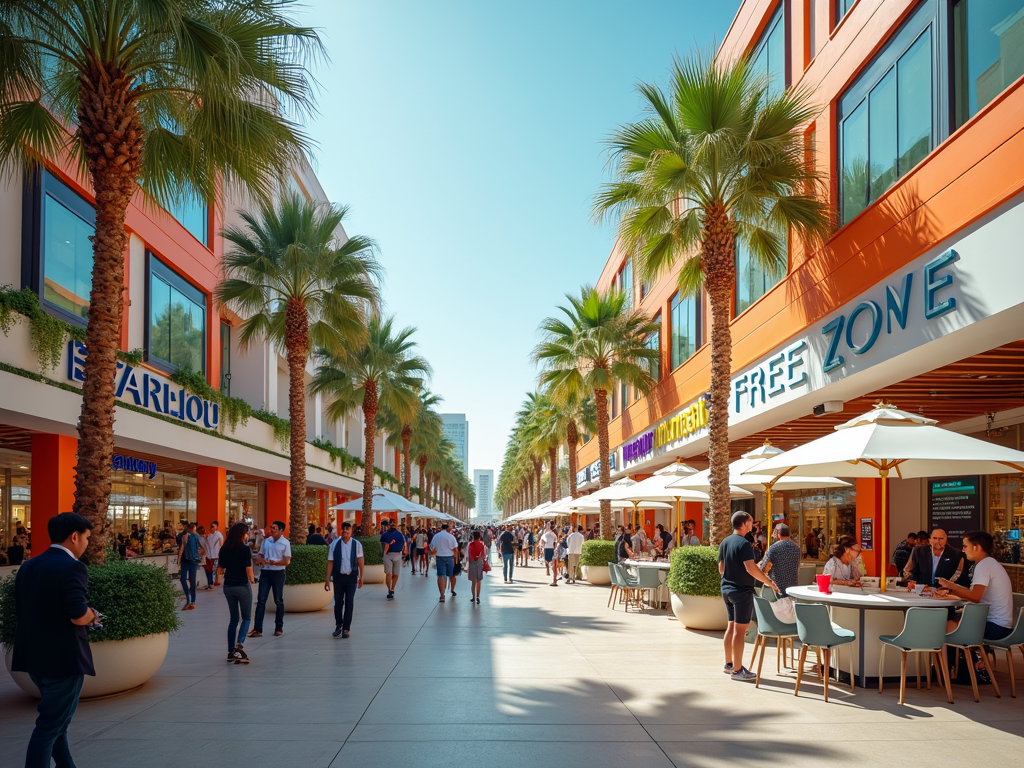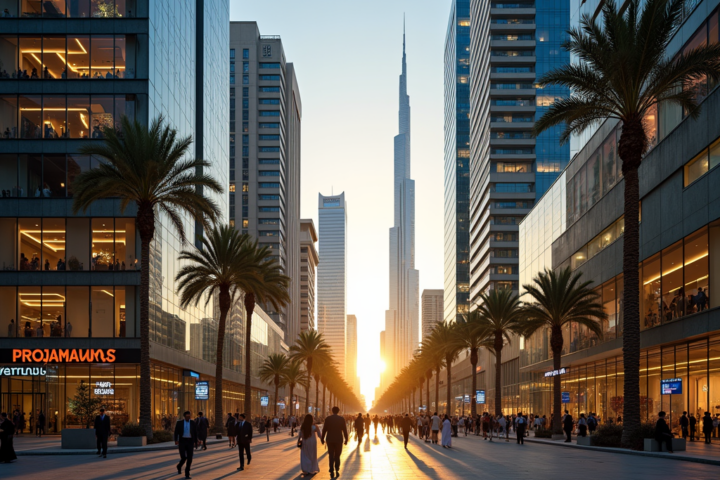Dubai’s economic reforms have significantly transformed the landscape for foreign investment, making it a prime destination for international businesses. By implementing measures that reduce barriers to entry, enhance regulatory frameworks, and promote transparency, Dubai has positioned itself as a global hub for finance, trade, and tourism. As a result, the emirate has attracted a surge of foreign direct investment (FDI), providing immense opportunities for growth and collaboration. This article delves into the specifics of these reforms and their profound impact on foreign investment.
Key Economic Reforms in Dubai

In recent years, Dubai has implemented a series of economic reforms aimed at diversifying its economy away from oil dependence. These reforms have shaped the emirate’s appeal to foreign investors in several ways:
- Business Licensing Reforms: The government has simplified the business registration process, reducing the time and cost associated with obtaining necessary licenses.
- Free Zones: Establishing multiple free zones allows foreign companies to operate with 100% ownership, promoting a more attractive investment environment.
- Tax Incentives: Low or zero corporate tax rates in many sectors make Dubai an economically beneficial location for investment.
- Legal Framework Enhancements: The introduction of laws protecting foreign property rights and investments helps to create a secure environment.
- Infrastructure Development: Continuous improvements in digital and physical infrastructure enhance connectivity and operational efficiency for businesses.
Impact on Foreign Direct Investment

The transformation brought about by these economic reforms has had a substantial impact on foreign direct investment (FDI) in Dubai. With the removal of many restrictions and the enhancement of the business environment, several trends have emerged:
- Increased FDI inflows: Many international companies, especially in sectors like technology, finance, and tourism, have chosen Dubai as their regional headquarters.
- Diverse Sector Growth: The reforms have created a more diversified investment landscape, leading to growth in various sectors beyond oil and gas.
- Job Creation: As foreign investments flourish, job opportunities for residents have also expanded significantly.
- Regional Hub Status: Dubai is increasingly recognized as a vital nexus for international trade and commerce linking East and West.
Despite the positive outcomes of Dubai’s economic reforms, some challenges have emerged that could impact future foreign investment. It is essential to consider these factors to have a comprehensive view of the investment climate:
- Regulatory Complexity: While reforms have simplified processes, understanding and navigating the legal landscape can still be daunting for newcomers.
- Market Saturation: As more companies enter the market, competition becomes fierce, which can affect profitability for newcomers.
- Geopolitical Risks: Regional tensions may pose risks, making foreign investors cautious despite favorable local conditions.
- Economic Diversification Pace: Ensuring that economic diversification keeps pace with changes in global markets is critical for sustained foreign interest.
Conclusion
Dubai’s economic reforms have redefined the investment ecosystem, leading to an unprecedented influx of foreign capital and diversification of its economy. Although challenges persist, the overall trajectory indicates a robust and appealing environment for foreign investors. The emirate’s strategic initiatives in enhancing transparency, reducing operational barriers, and fostering a diversified market have firmly established its status as a global investment hub. As these reforms continue to evolve, Dubai’s attractiveness to global investors is poised to grow even further, ensuring its competitiveness in the international marketplace.
Frequently Asked Questions
1. What are the main sectors attracting foreign investment in Dubai?
The primary sectors include technology, finance, tourism, healthcare, and real estate, primarily due to favorable regulatory frameworks and incentives.
2. How do free zones benefit foreign investors in Dubai?
Free zones offer foreign investors 100% ownership, tax exemptions, and simplified customs procedures, making them a highly attractive option for businesses.
3. Are there any restrictions on foreign ownership in Dubai?
While Dubai has lifted many restrictions, some sectors still require a local partner for full ownership, particularly in areas deemed sensitive for national interest.
4. What is the impact of the VAT implementation on foreign businesses?
The introduction of VAT at a low rate has had a minimal negative impact; businesses have managed compliance effectively while enjoying the benefits of an enhanced infrastructure.
5. How does Dubai maintain its attractiveness for foreign investments amidst global competition?
By continuously adapting its regulations, investing in cutting-edge infrastructure, and fostering a business-friendly environment, Dubai remains competitive on the global stage.



